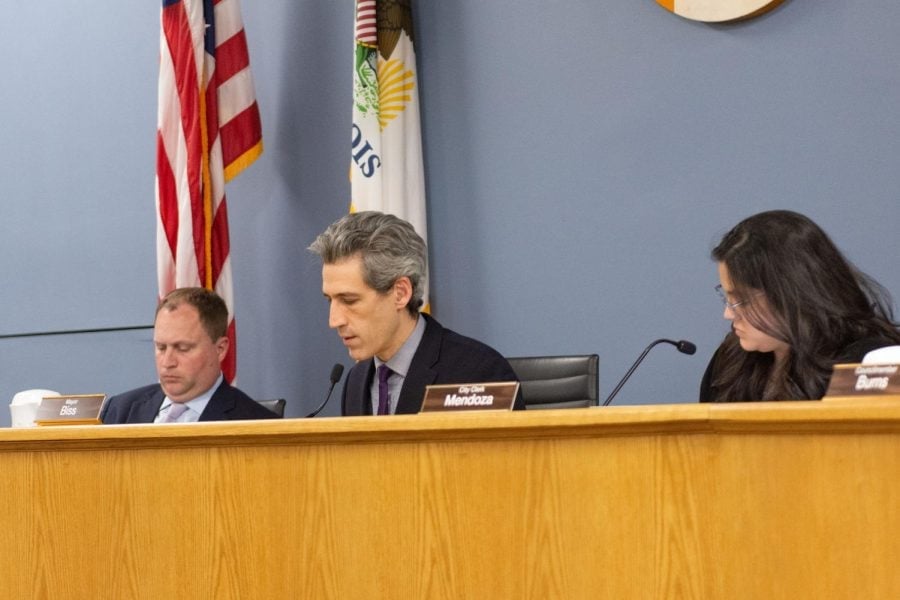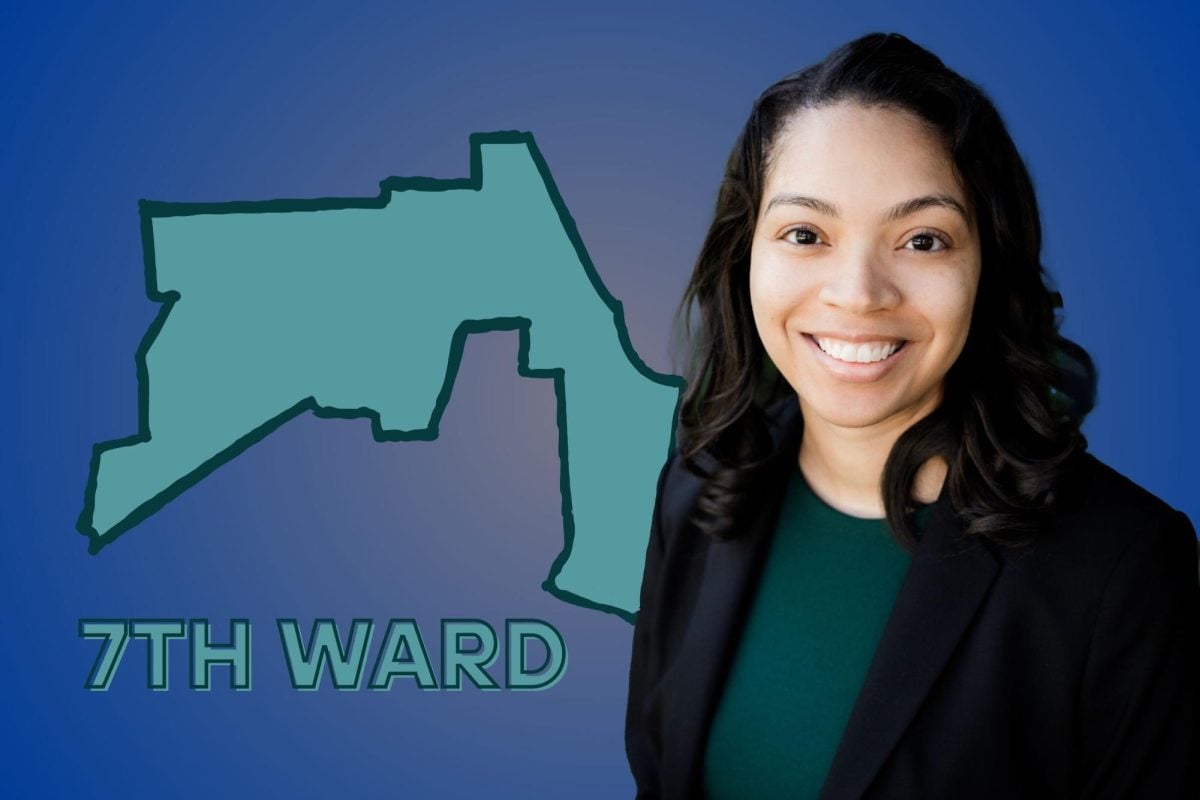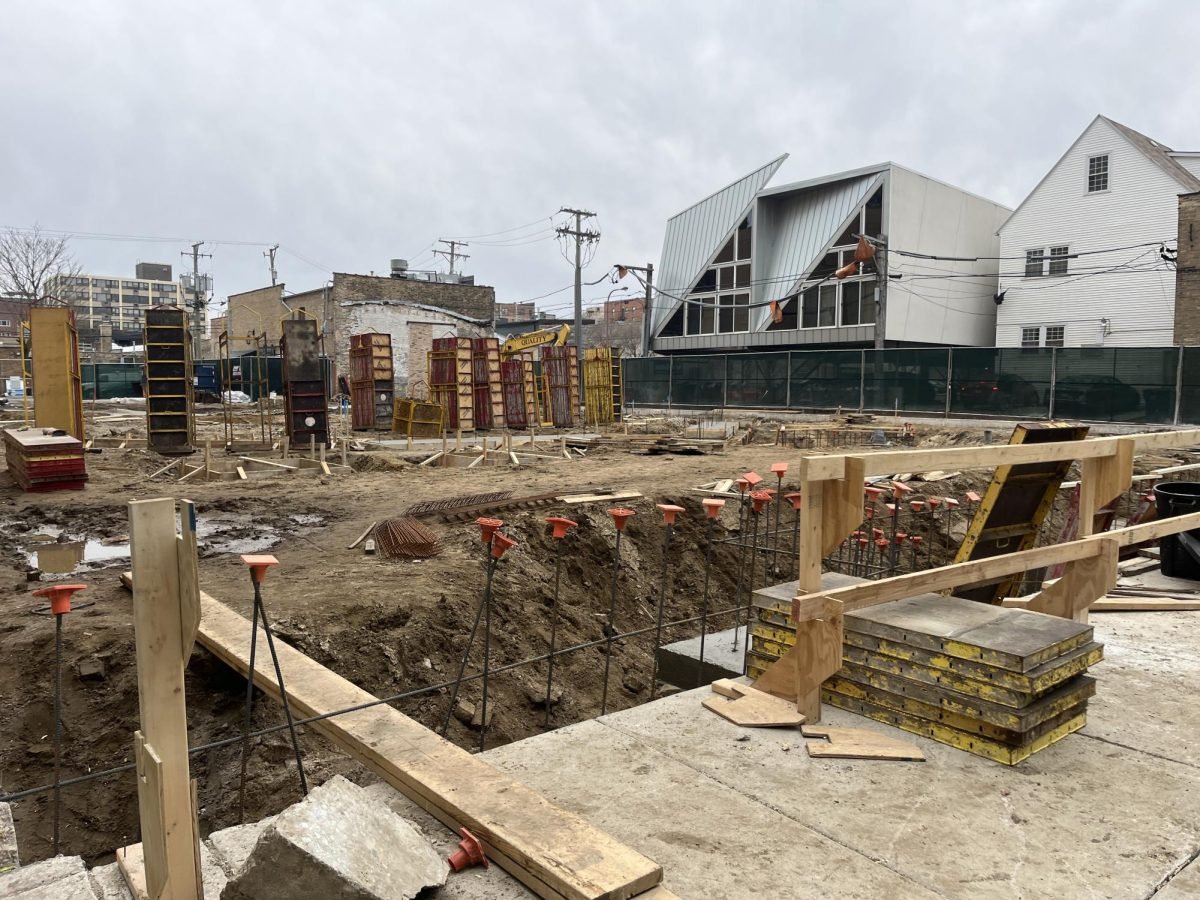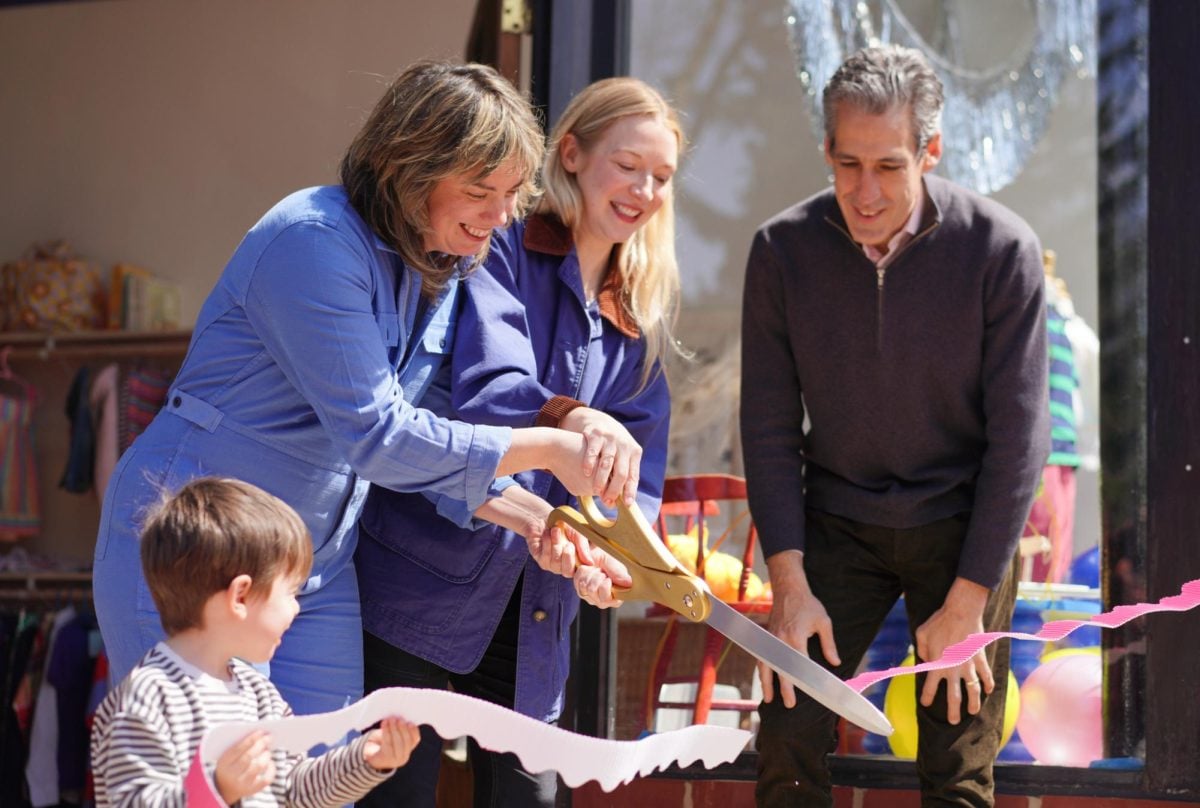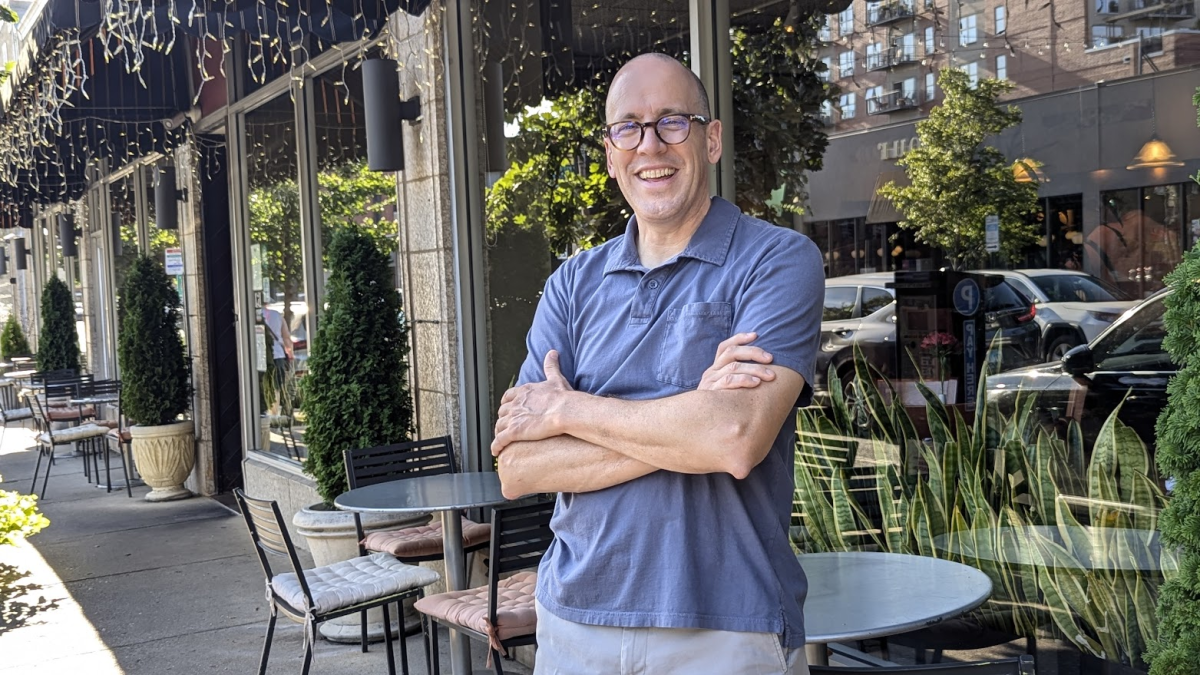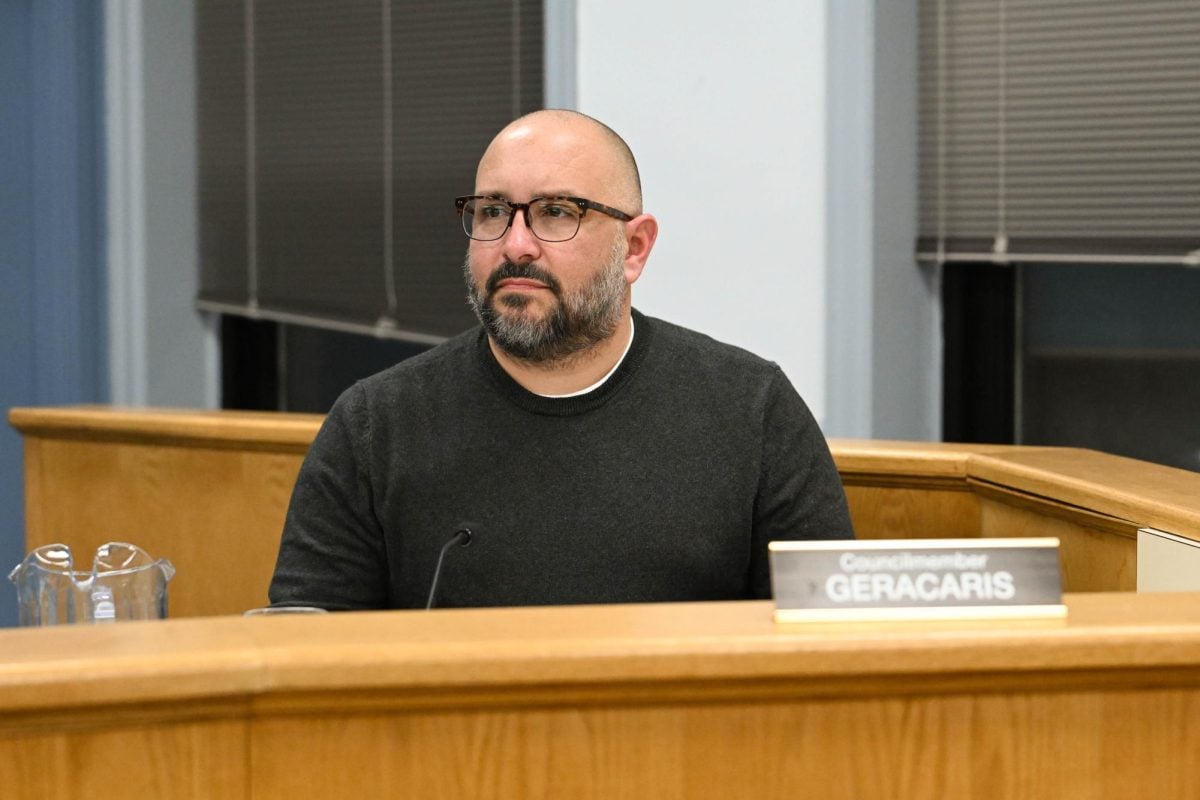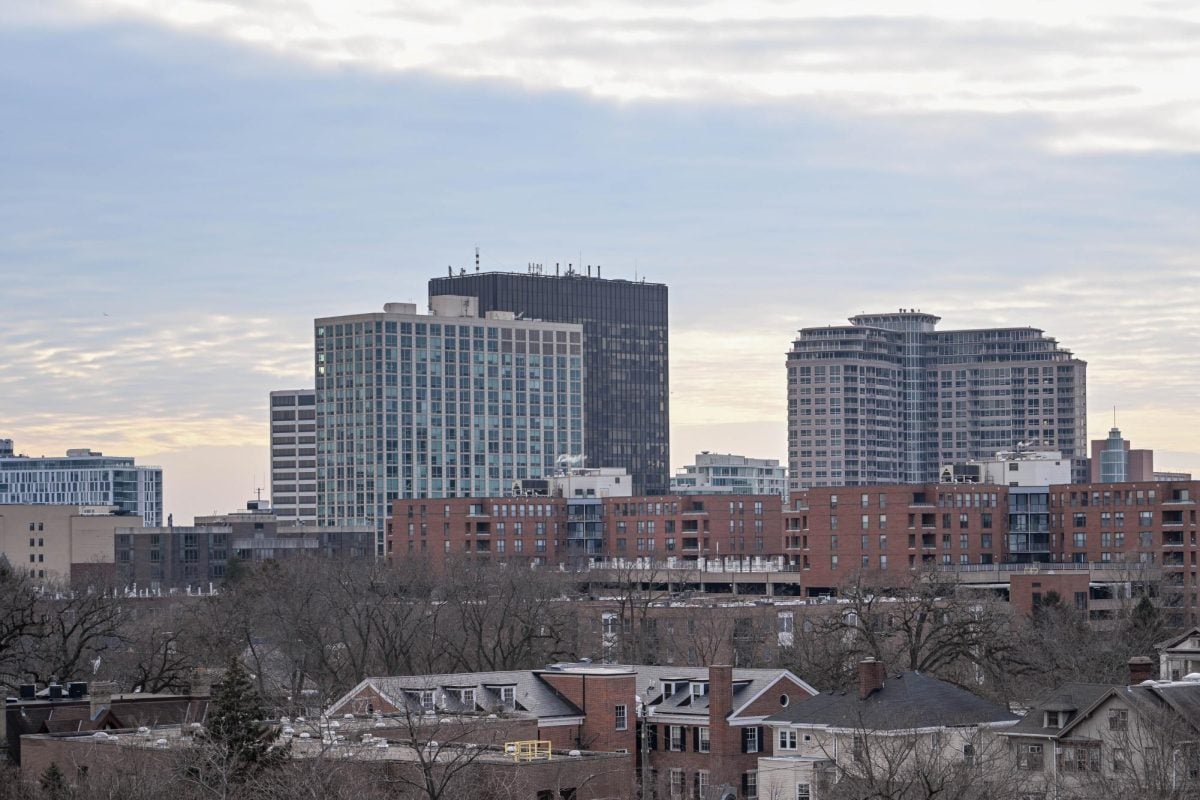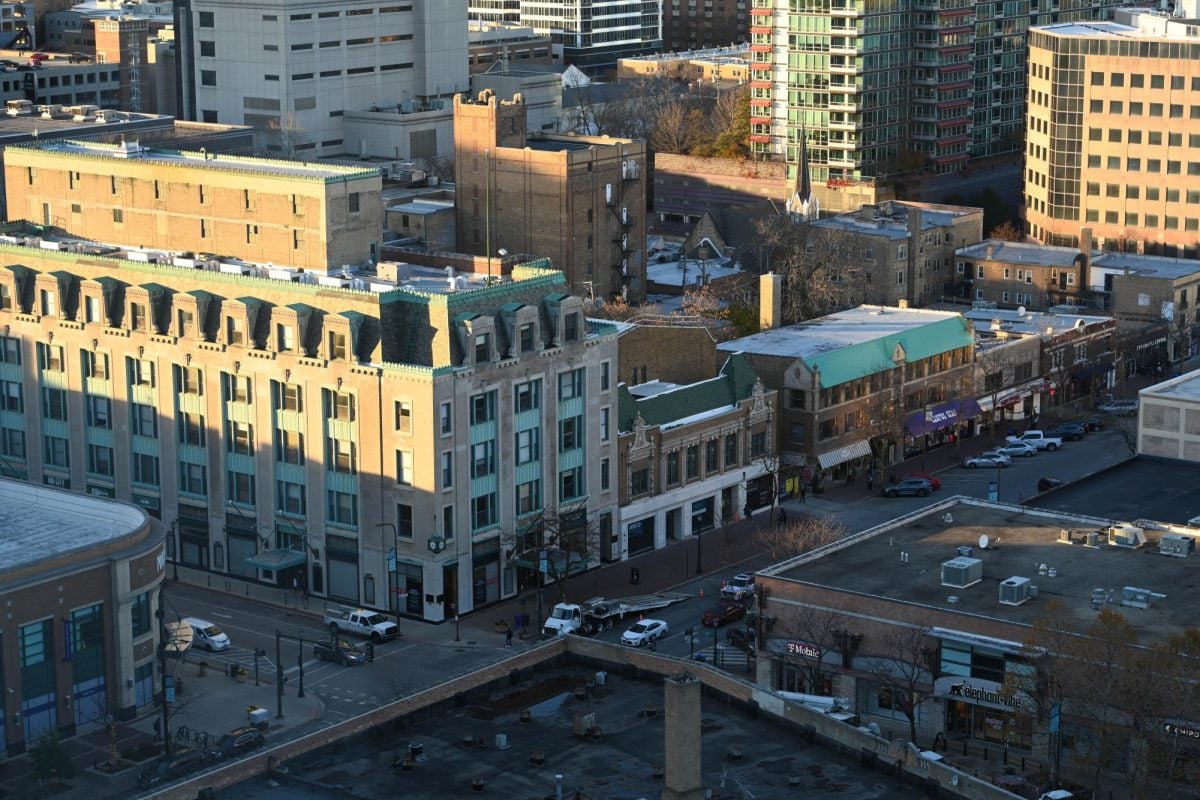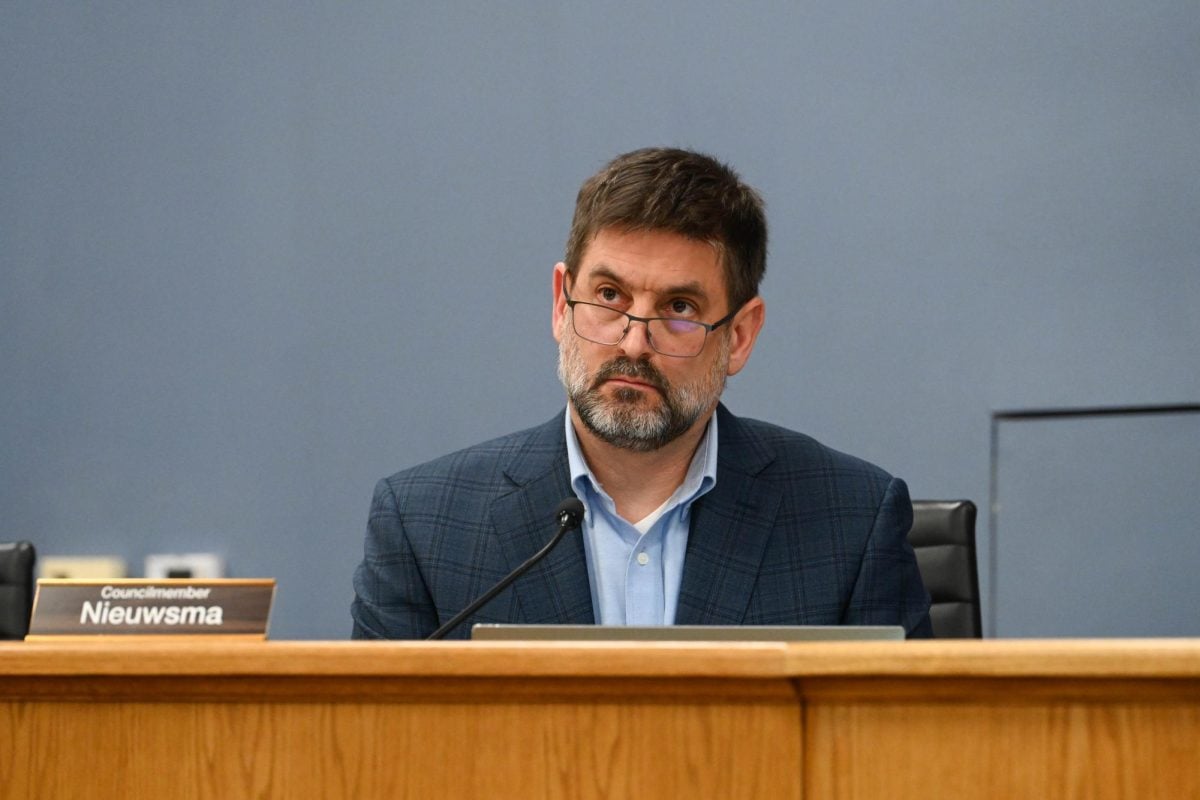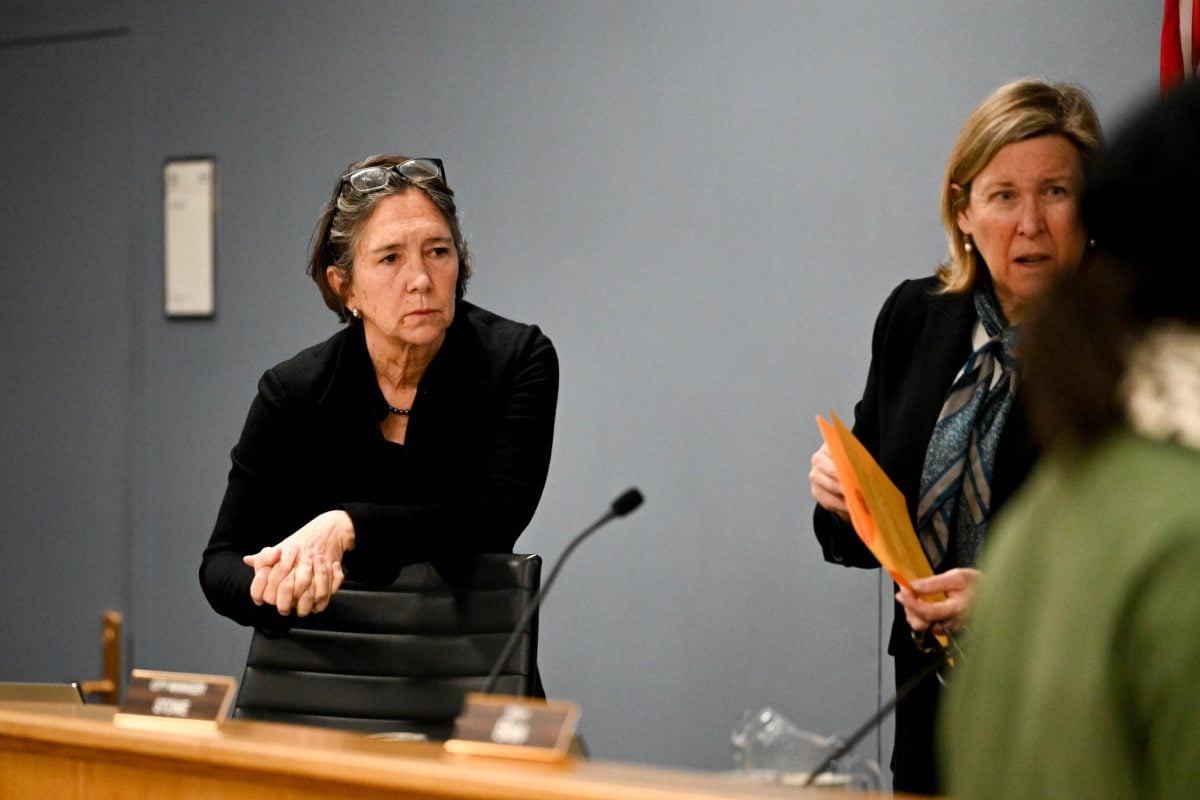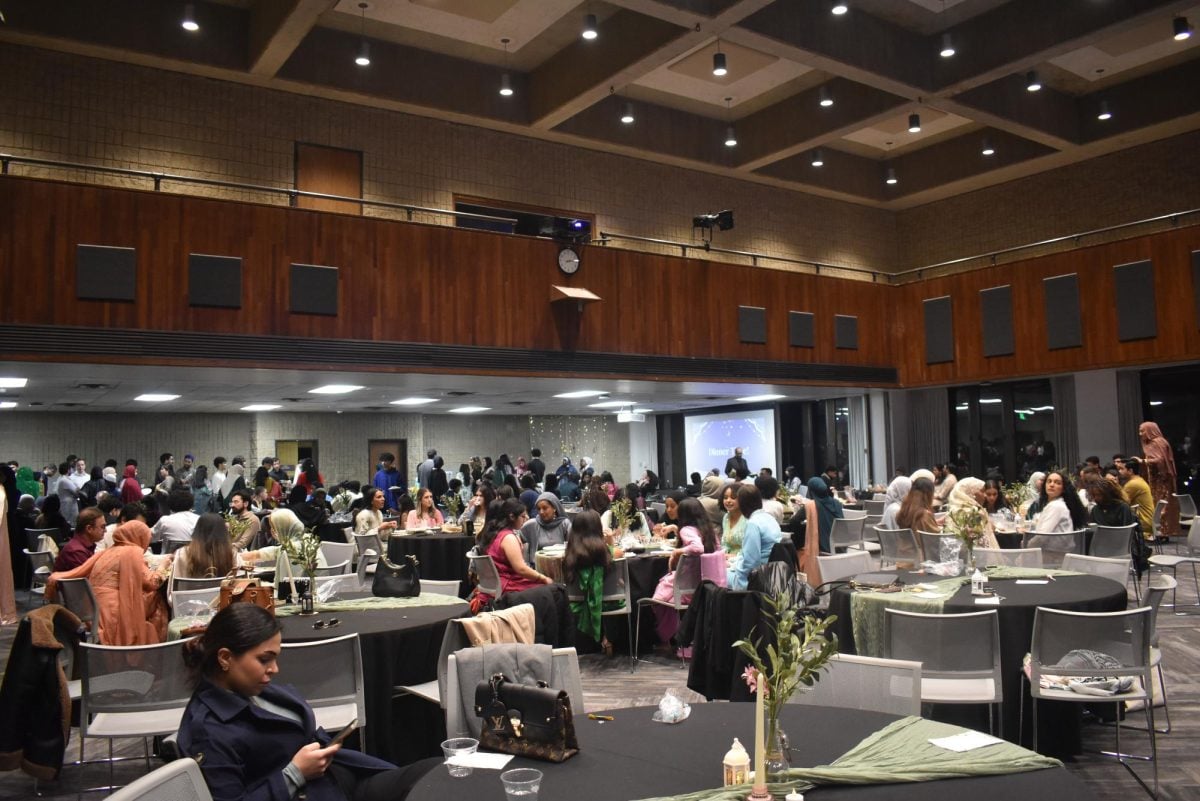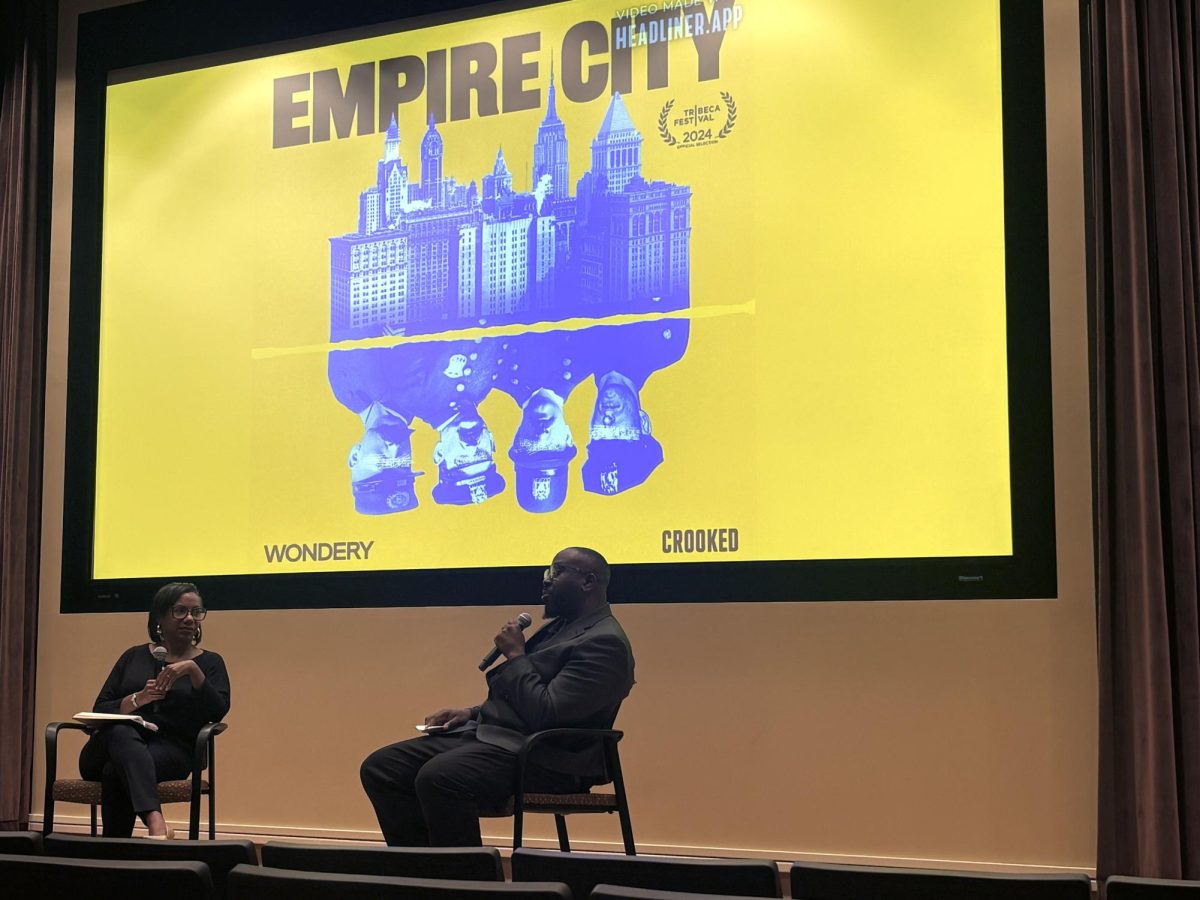Evanston City Council heard public support for Evanston’s participatory budgeting pilot program and discussed a new minimum wage ordinance at its Monday night meeting.
The meeting also offered residents an opportunity to comment on the proposed FY 2024 Proposed Budget. Several residents, including participatory budgeting representatives and Evanston Township High School students, attended the hearing. Representatives and students alike asked council members to allocate around 1% of their budget — or $4 million — to continuing participatory budgeting next year.
This year, the city allocated $3 million toward participatory budgeting. Residents, workers, business owners and students voted to allocate the funds toward seven projects. Councilmembers voted unanimously to approve the execution of this year’s winning projects, which allows the projects to move forward.
Resident Leonard Lamkin advocated for renewing the program for next year at Monday’s meeting.
“We need participatory budgeting if we want to encourage the young people to continue to be involved in our city,” Lamkin said. “Some of these young men and women will be the future city (councilmembers), might be the future mayor, if we continue to encourage them to be involved.”
Over 8% of the Evanston population voted in September’s participatory budgeting election. According to Participatory Budgeting Coordinator Matt Ouren, Evanston’s participatory budgeting pilot had the second best voter turnout of all similar programs in the U.S.
While Alds. Krissie Harris (2nd) and Devon Reid (8th) applauded the program, Ald. Jonathan Nieuwsma (4th) raised concerns about distributing the funds to the projects. He said while he supports the program, he is unsure about allocating funding to the winning projects due to a lack of information included in the proposals.
“I’m not willing to authorize the expense right now without seeing a lot more information,” Nieuwsma said. “I don’t want to set up a situation where we are shortcutting any kind of council review, because ultimately, the buck stops with City Council.”
After City Council’s decision to execute the projects, city staff will now work with participatory budgeting officials to secure specific plans for each proposal. Projects will be funded at a later date.
Councilmembers also discussed an ordinance that would establish a minimum wage of $15.50 per hour for employers with between 4-50 employees, and $16.25 per hour for employers with 51 or more employees beginning in July 2024. The proposed wages are higher than the current minimum wages set by Cook County and the state of Illinois.
However, several representatives from businesses in Evanston raised concerns about the ordinance at Monday’s meeting.
Forty-three Evanston restaurants and businesses sent a letter to City Council asking councilmembers to alter several parts of the ordinance. They raised concerns about the proposed implementation of a two-tiered wage system and the automatic 2.5% annual increase in wages and the inclusion of employees 17 and younger in the proposal.
The letter also argues that, because minors have “less experience and fewer skills than adults,” they should be excluded from the new proposed minimum wage requirement in Evanston.
While councilmembers agreed to amend the proposed ordinance to exclude the two-tiered wage system, they ultimately motioned to hold the ordinance for introduction on Nov. 13 after debating multiple amendments and substitutions.
“This is a very consequential decision,” said Ald. Thomas Suffredin (6th). “I think anybody who watches the amount of alteration that’s happening right now wouldn’t say that we’re coming up with a well-thought-out, easy-to-follow ordinance for businesses and for workers.”
Email: lilyogburn2026@u.northwestern.edu
Twitter: @LilyOgburn
Related Stories:
— City Council discusses proposed 2024 budget, increased property tax levy
— City Council debates new funding sources for Evanston infrastructure projects
— Seven projects will receive funding following Evanston’s Participatory Budgeting voting
